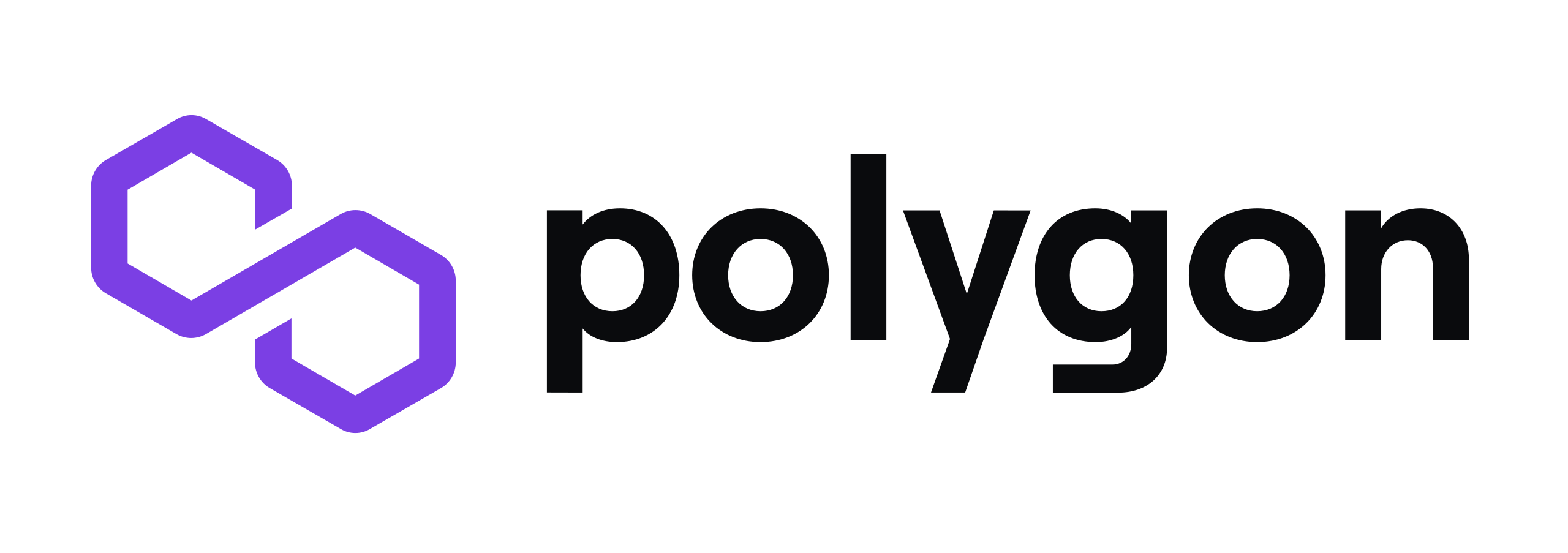
Rollups
Rollups are Layer 2 scaling solutions that bundle multiple transactions off-chain and submit them as a single batch to the main blockchain.
Overview
Rollups are a category of Layer 2 blockchain scaling solutions designed to increase transaction throughput and reduce fees by processing transactions off the main chain and submitting compressed data back to it. They work by aggregating multiple transactions into a single batch, which is then posted on-chain, thereby reducing the load on the base layer blockchain. This approach helps maintain the security guarantees of the underlying blockchain while significantly improving scalability.
Developers building decentralized finance (DeFi) applications, decentralized autonomous organizations (DAOs), and other high-throughput dapps use rollups to overcome the limitations of Layer 1 blockchains, such as Ethereum, which can suffer from congestion and high gas fees. Rollups come in different types, including optimistic rollups and zero-knowledge (ZK) rollups, each with distinct trade-offs in terms of finality, security assumptions, and computational requirements.
Integration of rollups typically requires understanding the specific rollup framework or protocol being used, as well as adapting smart contracts and dapp logic to interact with the Layer 2 environment. Developers can leverage open-source rollup frameworks available on GitHub to build or customize rollup solutions. While rollups are a critical component of blockchain scalability strategies, they require careful design and testing to ensure security and user experience are preserved.
Getting started with rollups involves selecting a rollup framework that fits the project’s needs, reviewing its documentation and codebase, and deploying smart contracts compatible with the rollup environment. Developers often participate in community forums and GitHub repositories to stay updated on best practices and improvements in rollup technology.
The Problem
Layer 1 blockchains face scalability challenges, including limited transaction throughput and high fees during network congestion. These issues hinder the performance and user experience of decentralized applications that require fast and cost-effective transactions.
The Solution
Key Features
Rollups Alternatives
Explore web3 competitors and apps like Rollups.

Rollux
Start Building Now
Reliable RPC, powerful APIs, and zero hassle.
Resources
GitHub hosts numerous open-source rollup projects and frameworks that developers can explore to build or customize Layer 2 scaling solutions. These repositories provide codebases, issue tracking, and community discussions essential for development and troubleshooting.



